
Tourists today expect to find at least one golf course at almost any vacation destination. Idyllwild is unusual in not having one—just one more feature that sets our village apart—but it has not always been a golf-free zone.
In fact, the very first big resort here in Strawberry Valley, the Idyllwild Sanatorium, which opened in 1901, proclaimed “golf links unequaled” in its first ad. Its successor, the Idyllwild Inn, also built a crude course in 1914, but it was during the Roaring Twenties that the game began to thrive here.
Before 1917, the valley was mostly owned by Los Angeles developers Frank Strong and George Dickinson. Then they sold off the Inn and 1,000 surrounding acres to San Jacinto banker Claudius Lee Emerson, but retained Fern Valley and the heights on South Ridge, including Saunders Meadow. What they didn’t anticipate was Emerson’s entrepreneurial genius as a rival developer.
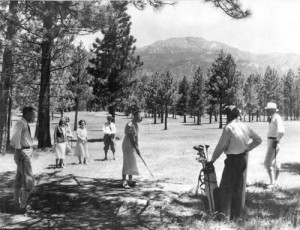
In his grand plan to turn Idyllwild into a settled community, Emerson saw golf as a plus. As part of his pitch to both tourists and potential lot buyers he immediately announced plans to upgrade the Inn’s existing course.
By 1923, Emerson’s booming village prodded Strong and Dickinson into hiring Pine Cove developer Walter Wood to subdivide and market their own lots. To stay ahead of the competition, Emerson resurrected his still unfulfilled promise to create a first-rate golf course. He opened his Country Club Subdivision overlooking Tollgate Road and began work on a new 9-hole course on the valley floor along Strawberry Creek above Camp Emerson.
Wood retaliated by hiring away Emerson’s resident manager of the Idyllwild Inn to help open a competing course on Saunders Meadow in 1925. Their new Idyllwild Golf Club issued a slick brochure describing each of the nine holes in glamorous detail and offered life memberships for $250, including a free building lot nearby. But in reality its links were hastily prepared and primitive.
According to Louise Cole, whose father joined the club, and whose brother patrolled the rough daily collecting lost balls, the fairways were groomed by merely removing a few small trees and wild rose bushes, leaving the native grass uncut. The “greens” at first may well have been no more than raked gravel.
To compensate, Wood built an elegant clubhouse and swimming pool and contracted with Idyllwild’s pioneer craftsman, Hal Holcomb, to fill it with rustic furnishings. Upon its grand opening in 1927, the clubhouse was immediately a social center rivaling Emerson’s Idyllwild Inn.
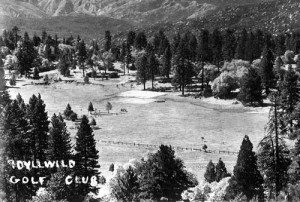
Emerson quickly countered by building the Idyllwild Plunge, an instantly popular attraction for both Inn guests and resident swimmers. He simultaneously raised the ante by announcing plans to expand his new course to 18 holes, dam Strawberry Creek for a lake, and add an aircraft landing field for an upscale clientele.
In actuality, Wood’s operation was a shoestring affair. Its social activities were sustained by wives of club members, who soon tired of frequent hostessing. Unpaid bills piled up, and creditors became steadily less cordial in their reminders.
In desperation, Wood reorganized and, in 1928, staged another grand opening as the “new” Mount San Jacinto Golf Club. But by 1930 it sank into foreclosure and was sold to a military academy as a summer camp. Only the clubhouse survived, today serving as the dining hall at Astrocamp.

Meanwhile, Emerson was riding high, earning a widespread reputation for “the Mile-High Golf Course,” and employing a club pro to run tournaments attracting the state’s best talent. Following through with his expansion plan, in 1929 he bought the rest of the lower valley (today’s Idyllwild Arts Academy campus). Alas for him, the Wall Street crash was only months away, and his financing was stretched to the breaking point. Although the golf program continued to thrive throughout the 1930s, the Great Depression undermined the Inn and real estate operations, leaving Emerson bankrupt by 1938.
World War II’s travel restrictions were the death knell for golf in Idyllwild. The country club lay unused until postwar developer Jerry Johnson bought it up, then sold it to Palm Springs developers for subdivision. Aside from a popular miniature golf course in the recreation complex that grew up around the Idyllwild Plunge during the 1950s, golfing here had become only a memory.
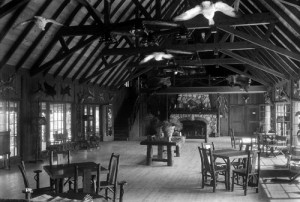
Brief hope for a revival rose in 1960 with announced plans for the Tahquitz Lake Golf Club, a resort community near Foster Lake on Dutch Flat, between Idyllwild and Pine Cove. The course opened in late 1961, but the idea of full-scale development met stiff local opposition. The club folded by the mid-1960s, and that was the last hurrah for golfing in Idyllwild.








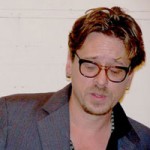
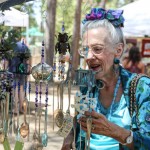
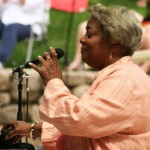
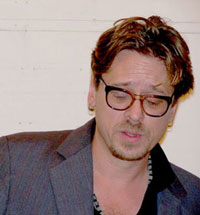
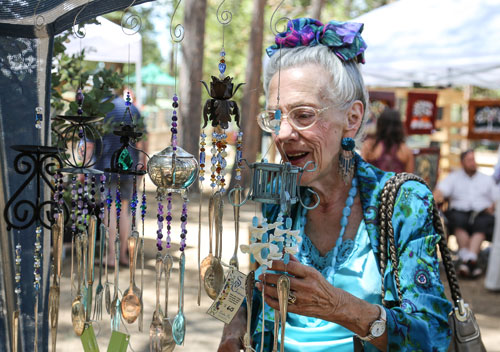
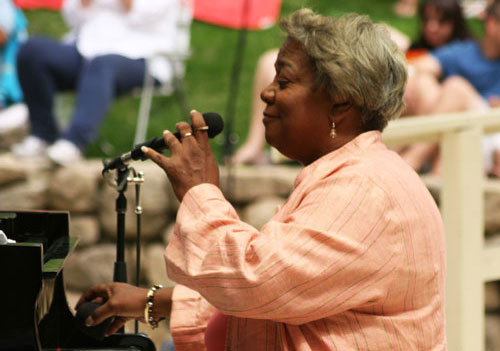
Wonderful history!, thanks Robert!
To add some to your story, the original golf course was more of a pitch and putt. Emerson hired legendary golf course architect Max Behr to design a proper one hole golf course, which opened in 1924, with plans for more holes in the future.
Wood hired another major legendary golf course architect, John Duncan Dunn, to design the Saunders Meadow course.
As for Emerson, he later hired Dr Lewis Thomas of Idyllwild to 'design' and build the full course in 1927. Thomas took two years to remove over 2000 trees, and trim 3000 more, to make the course. It is not clear if Thomas used any of Max Behr's original plan.
What about the 9 hole golf course at the Alhattie Resort in Pine Cove. I think its open to the public week days with a small green fee.